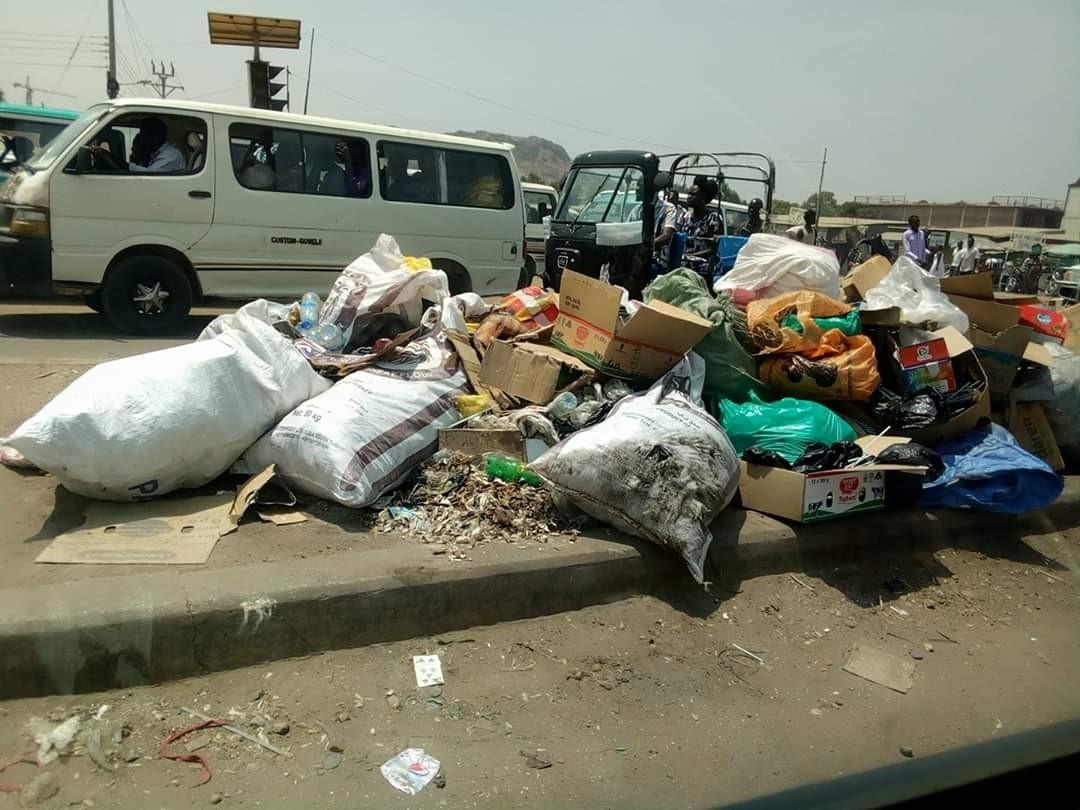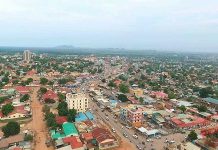Africa-Press – South-Sudan. The minister of environment and forestry, Josephine Napwon, has blamed the administration of Juba City Council (JCC) of failing to keep the city clean.
Napwon asked the council to publicly admit that they cannot handle waste management and allow other bodies, like her ministry to assume the responsibility.
“City residents believe it is my ministry that has failed to make the environment clean by distributing enough garbage collection points and collecting the trash promptly. Juba City Council is one of the institutions mandated by the government to make sure that Juba is clean.
“But Juba is anything but clean. So the officers charged with this noble responsibility must pull up their socks,” she said.
JCC was founded in March 2011.
It serves the populace through three Block Councils of Juba, Kator, and Munuki. The primary agency in charge of solid waste management in the city of Juba is the Department of Environment and Sanitation of JCC.
Juba City Council is in charge of collecting the trash along the streets and transporting it to the Juba Controlled Dumping Site, which is run by Rejaf Payam/Rejaf County.
Juba, the capital of South Sudan is estimated to have 1.5 million people. Management of waste generated from the households and businesses remain a big challenge.
Mixed waste is delivered to the main streets by the locals without any sorting.
Financial constraints and security lapses brought about by internal political instability are some of the factors that have jeopardised service delivery. Now illegal dumping and burning of waste within the city is widespread.
As a result, public health and environmental issues such as environmental pollution and disease transmission have emerged. In 2015, it was estimated that Juba generated 1,337 (tons/day) of garbage from residences, workplaces, retail establishments, dining establishments, and other venues.
According to a survey on solid waste management in Juba conducted by the Japan International Cooperation Agency (JICA) between February 2017 and August 2018, residents of Juba produce 650g of garbage per person per day.
Juba, which is the capital of South Sudan, is estimated to have 1.5 million people. Management of waste generated from households and businesses remains a big challenge.
The survey’s objectives were to learn more about the current waste management system, which includes garbage collection, transportation, and disposal, and to gather the fundamental information needed to create “the Master Plan for the Solid Waste Management” in the future. The Ministry of Environment and Forestry, the State Ministry of Environment, and the Juba City Council, who are in charge of Juba’s trash management, collaborated on the survey.
Meanwhile, Napwon commended all who took part in the clean-up exercise her ministry spearheaded at Juba International Airport last Tuesday as part of World Environment Day celebrations.
“Working together is the way forward, especially with young people. They have shown us their love for the country and their commitment, and we saw it yesterday when you people went out to clean up, and we wish that as a ministry we need to coordinate and work together for the betterment of our environment in the Republic of South Sudan,” Napwon said.
For More News And Analysis About South-Sudan Follow Africa-Press






